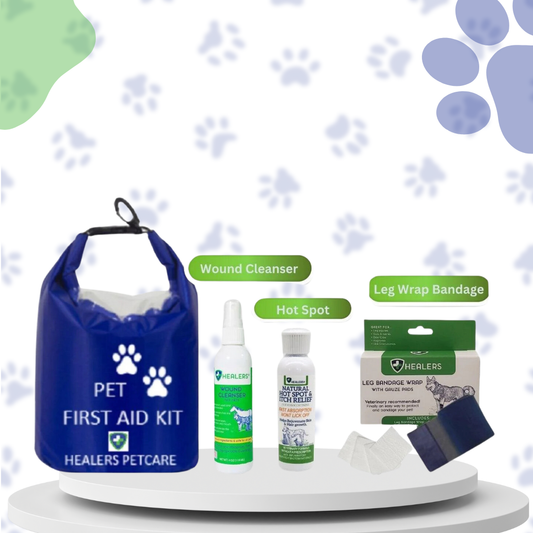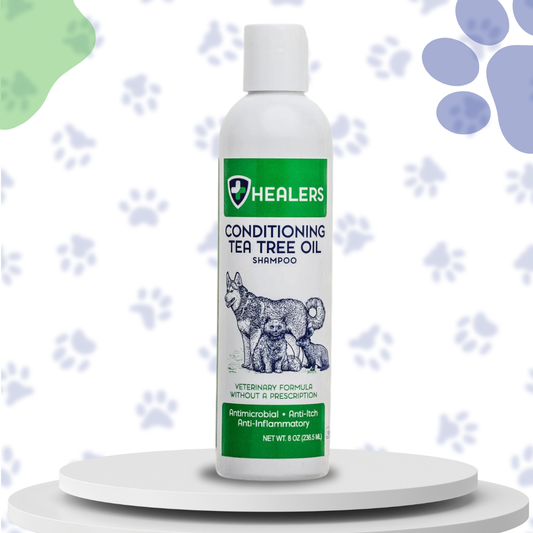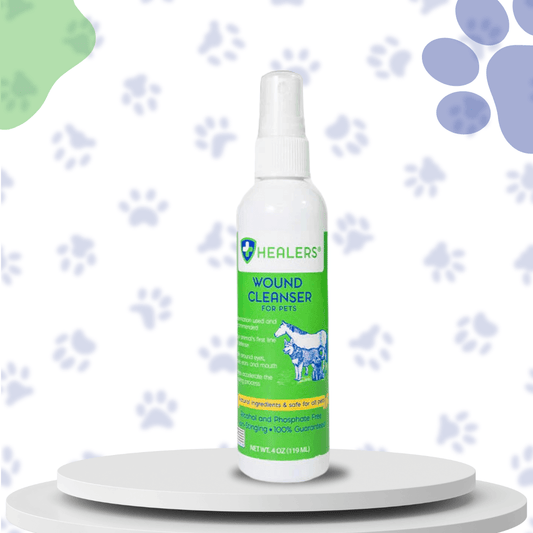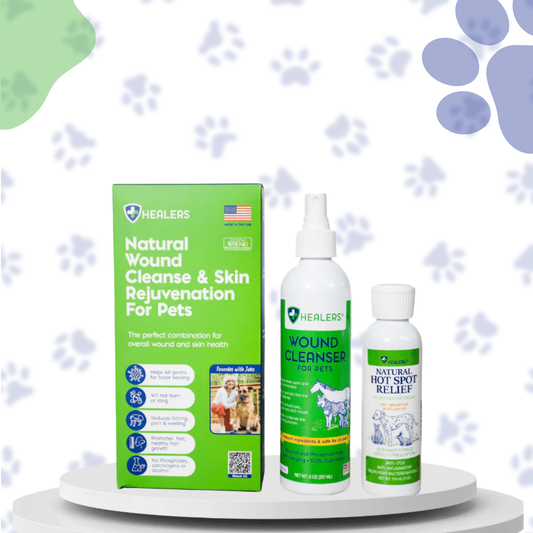Benefits of Turmeric for Dogs with recipe for treats
Everyone loves a good natural remedy, especially if it can improve overall health, vitality, and well-being. Turmeric is being touted for its anti-inflammatory, antioxidant, brain-boosting, heart disease risk-lowering, anti-cancer, and depression-fighting properties in people, but did you know it also has positive medicinal qualities for dogs?
It turns out it’s great for pups for a lot for the same reasons it’s helping humans. It’s perfectly safe for them to consume in correct dosages on their food, applied topically, or baked into homemade treats. Here’s why it might be a good addition to your dog’s daily routine, and how to make sure they’re getting the right amounts.
How Turmeric Helps Pups
Some people use turmeric as a preventative measure, others alongside medications and health regimens to improve overall wellness. The same is true for dogs. In a lot of cases, people and dogs have both seen better symptom relief from turmeric than from their medications!
It is currently being used as:
- An anti-arthritic — It helps reduce the symptoms and mitigate the underlying inflammatory causes of arthritis, improving mobility and removing related pain.
- An antibacterial, antiviral, and antifungal — The active properties in Turmeric help boost pups’ immune systems and functions, helping to improve its ability to fight bacterial infections, viruses, fungal infections, and more.
- An anti-cancer — Turmeric is a natural cancer treatment and pre-cancer reducer because it disrupts “development, growth, and spread,” according to the American Cancer Society. It has also been shown to “reduce tumor size and kill cancer cells.”
- An anti-inflammatory — Acute inflammation protects and heals the body from viruses or infections. Chronic inflammation leads to allergies, arthritis, cancer, dental issues, digestive problems, kidney disease, and more. Turmeric alleviates the latter.
- A gastrointestinal treatment — Studies have shown that turmeric helps relieve inflammation in the gut and also improve permeability, aiding in proper digestion and making for a great natural detox agent.
- A pain reliever — Turmeric has proven to be a great alternative treatment for pain resulting from inflammation, like arthritis or cancer-related discomfort. It relieves the cause of the pain — the inflammation — thereby removing the need for the pain response and helping the body to begin healing itself.
Turmeric has also seen success as an antiseptic and in promoting liver function, reducing liver disease, preventing cataracts, treating epilepsy, shrinking sebaceous cysts, cleaning up and alleviating pain related to wounds, preventing against blood clots, relieving irritable bowel disease, curing urinary tract infections, preventing and treating dementia, and improving cardiovascular and respiratory health, among many other functions.
How to Give Your Dog Turmeric
Turmeric is most commonly administered as a powder sprinkled on food, as a paste rubbed topically on your pup’s skin, or in oil or gravy-type mixtures. If using on the skin, be aware that you will need to cover with a dressing as this product can stain objects it come in contact with - your hands included!
Dosage is important, though, and taking too much can cause nausea, dizziness, iron deficiency, and other side effects. That’s true for people as well as dogs.
It is always consult with your veterinarian before beginning a new treatment or supplementation for your pets.
Common guidelines for giving turmeric in powder form include the following:
- Small dogs: start with ¼ tsp per day
- Medium dogs: start with ½ tsp per day
- Large dogs: start with ¾ tsp per day
- Extra-large dogs: start with 1 tsp, moving up to as much as 1 tbsp per day
It’s important to keep in mind that each dog is different. A best practice is to give yours smaller doses to start and work up to more as your pup adjusts.
Looking for a Great Turmeric Product?
We’re proud to say we know all about our turmeric powder’s source. Biolley Farms, a Costa Rican farm that cultivates its turmeric using organic processes, creates potent, fresh, small-scale boutique crops for select distributors like Healers PetCare. We know where we get our crop and how it’s sourced, and have had it third-party tested to ensure the highest quality.
Healers Golden Turmeric Paste comes in powder form to be added to food, or pet owners can create a paste by simply adding water or adding it to coconut oil to create a gravy-type mixture. It contains higher-than-average curcumin, the active component in turmeric, making it a great replacement for steroids for allergy and pain relief.
Questions about turmeric? Ask your veterinarian! It might be the perfect supplement to help boost your pup’s livelihood and well-being.
Be sure to try out this yummy & healthy treat recipe:








6 comments
Hello, Anne – only you definitively know what is best for your fur baby. Doctors will recommend the best medical treatment to help your pet’s condition, but that may not be the best treatment for quality of life. That is where you come in. You know the day-to-day quality of life for your pet and need to make your treatment decisions based on that. Not every treatment is good for every pet.
If you decide to stop medications that you feel make your pet feel worse on a daily basis, then that IS the best decision for your pet. We are ultimately the guardians of our pets because they can not make medical decisions for themselves. If you choose to cease medications and the quality of your pet’s life improves, even if it does not prolong their life and may shorten it, at least your pet was happy in the end. That is what we do as pet parents. You will know when the time is right to say goodbye and help your pet and make the decision to a humane end. As guardians, we must keep the pets, their happiness, and comfort in mind, and that is the best we can do.
There are no right or wrong treatments or decisions if you keep their welfare in mind. You are doing the right thing as a pet mom. Good luck and our heartfelt wishes for some more memory-making moments together!
My 9 year old female dog has been diagnosed with cancer nodules in the neck of the bladder. She also has tumors in her lungs. She was prescribed piroxicam. She’s now vomiting and generally not well after 2 days of treatment. I want to stop the meds and use golden Turmeric paste. Am I doing the right thing? She’s suffering on the meds
Hey, wow exactly what my dog has been diagnosed with.
September 22 was told he had a nasal tumour. Posibbly 2 months to live as they are aggressive.
So between vetinary drugs and natural supplements we are in february, the tumour has shrunk and blood test coming back very positive. Curcumin was one of the main supplements i used twice a day.
Anything is worth a try and if supplements are new to you i say you will be surprised at what nature can do.
I have a female dog whom I have for 15 years. She recently had a tumor removed and has since had multiple lumps forming, having short breaths and totally hasn’t been herself. The veterinarian prescribed Prednisolene and suggested giving her benadryl, which I have, only to see my dog look worse. So I’m looking at alternative healing for my dog. I’m desperate because I don’t want to see her suffer and I don’t want to lose her. Any helpful alternative is much needed.
Your veterinarian should check out any suspicious growth or lump. They can perform bloodwork, biopsies, and growth removal. The first two are typically the initial steps. An FNAB (Fine Needle Aspirate Biopsy), is a procedure where a needle is inserted into the lump to collect cells and fluid to be examined under a microscope. A benign tumor (non-cancerous) may be left undisturbed if the veterinarian does not think it is a bother to the pet, or it may be removed surgically if it is impeding/bothering the pet’s movements or daily activity. Sometimes, these two tests are not definitive and the doctor will recommend removal to get a better tissue sample to be sent off for cytology at a lab. If the sample comes back as a cancerous growth, your veterinarian may send you to an oncologist to discuss the different treatment options. While there are no true preventive for cancer. There are supplement options, such as Turmeric, that have been shown to in some cases reduce tumor growth, and inflammation and support the pet’s immune system. This is another case where the use of Western and Eastern treatments can be symbiotic.
Western and Eastern medicine refers to two different systems of medicine. Western medicine prescribes specific drugs for a disease. In contrast, Eastern medicine focuses on treating the patient as a whole rather than just their symptoms.